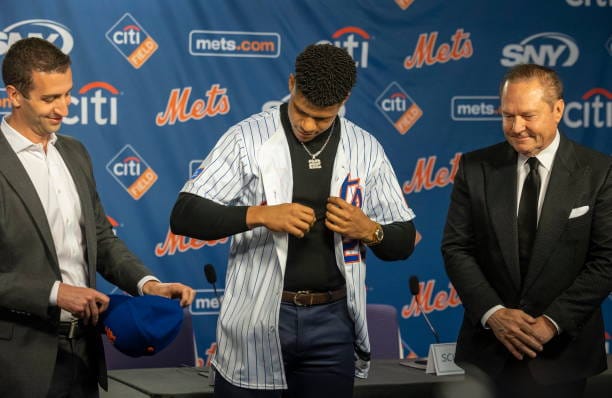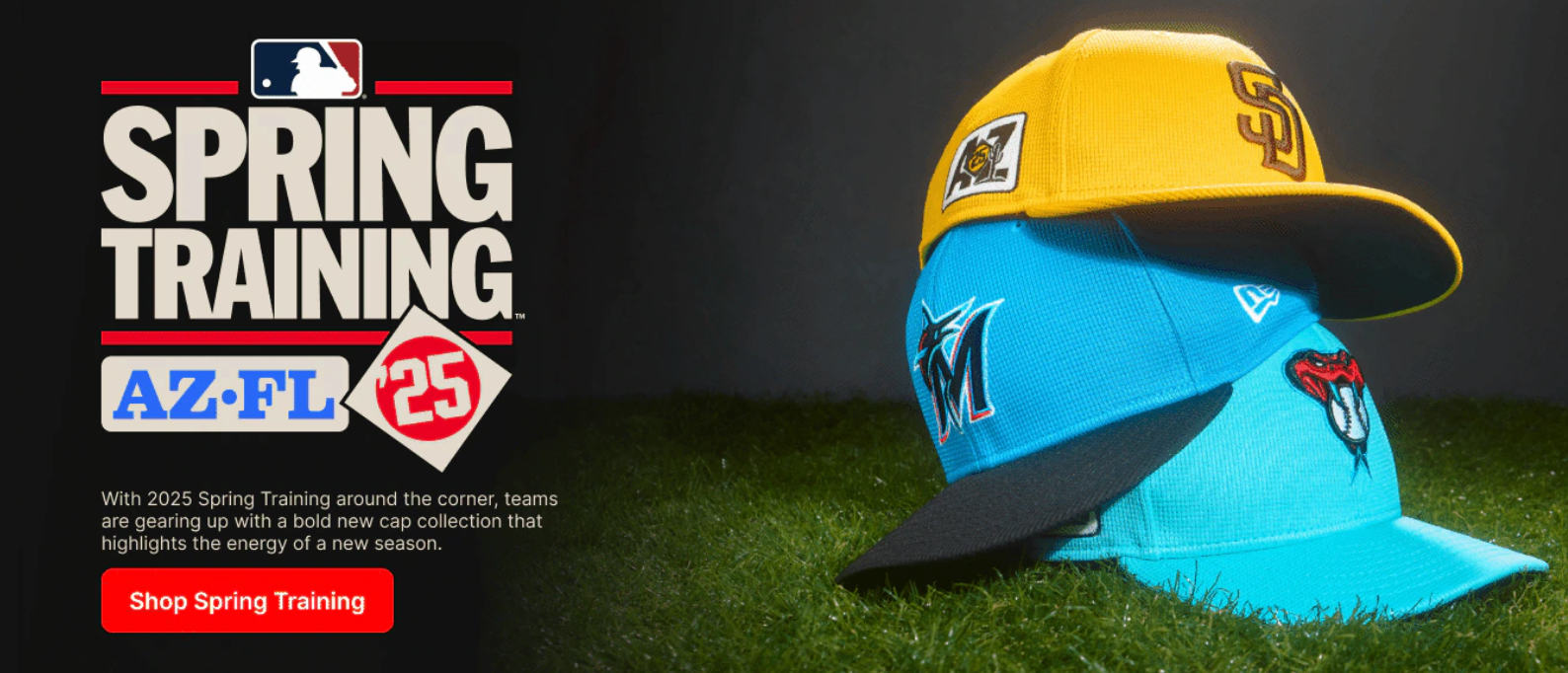Scott Boras Pulls Back the Curtain on MLB’s Financial Chess Game
Scott Boras exposes the financial side of MLB, from Juan Soto’s negotiations to hidden team spending tactics, revealing how money shapes competitiveness.

Scott Boras, the most influential agent in Major League Baseball, recently sat down for a revealing interview that provided rare insight into the financial and strategic workings of the league. From blockbuster negotiations involving superstars like Juan Soto and Alex Bregman to the hidden tactics teams use to suppress spending, Boras laid out a compelling case for why players—and fans—should pay close attention to the business side of baseball.
The Journey of Juan Soto: Patience Pays Off
Boras detailed Juan Soto’s journey to free agency, emphasizing the strategic patience behind rejecting multiple offers, including ones exceeding $400 million. While some viewed these refusals as risky, Boras maintained that Soto was betting on himself with good reason.
"Most players would have accepted a $200 million or even $300 million contract at 22 years old, but Juan understood the bigger picture," Boras explained. "It takes discipline to navigate the naysayers, especially when comparisons to talents like Shohei Ohtani dominate the conversation."
Bregman to Boston: Changing the Red Sox Narrative
Alex Bregman’s move to the Boston Red Sox was another major shake-up in free agency. According to Boras, Boston’s ownership had finally reached a breaking point after years of being labeled as cautious spenders.
"Boston knew they had to change," Boras said. "They had been reluctant to step over the luxury tax, but the demand for leadership and production made them commit to Bregman."
The move signals a shift in strategy for the Red Sox, who are looking to regain their status as serious contenders in the AL East.

The Unspoken Strategies: How Teams Avoid Spending
One of Boras’ biggest revelations concerned the way teams manage payrolls. Despite MLB’s record-breaking revenues, many teams are slashing payroll, often while still receiving revenue-sharing funds.
"Fans don’t have a clear way to hold teams accountable for competitiveness," he argued. "If a team is bringing in billions but only spending $100 million on payroll while collecting revenue-sharing money, how committed are they, really?"
Boras has long advocated for more transparency in team finances, arguing that teams should be required to allocate a higher percentage of their revenue toward payroll.
Why First Basemen Like Pete Alonso Are Undervalued
Despite being one of baseball’s most consistent power hitters, Pete Alonso landed only a short-term deal with opt-outs. Boras pointed out that first basemen are often undervalued due to outdated market trends.
"Teams look at past contracts and use flawed logic to evaluate players," Boras explained. "Pete Alonso should have had teams knocking down his door. He’s a consistent 40+ home run hitter, yet owners found ways to downplay his market."
The Salary Cap Debate: Is MLB Headed for a Lockout?
With the collective bargaining agreement (CBA) up for renegotiation in 2026, whispers of a labor battle are growing. Boras dismissed the idea of a salary cap but stressed the importance of an improved revenue-sharing system that incentivizes all teams to compete.
"A rigid cap doesn’t help players or owners," he warned. "Teams need the flexibility to spend big when championship windows open and scale back when they need to rebuild. MLB is unique in that way, and copying other leagues' cap models wouldn't fit our ecosystem."

The Rendon Dilemma: When Injuries Derail a Star Career
Anthony Rendon’s struggles since signing his massive deal with the Angels have raised questions about big contracts and injury risk. Boras defended his client, emphasizing that health issues aren’t always preventable.
"It’s not about attitude or work ethic," he said. "Some injuries are pure bad luck. Our goal is to put players in the best position to recover while helping teams maximize their roster flexibility."
Final Thoughts: MLB’s Financial Health and Future
Boras ended with a challenge for baseball media and fans: demand transparency.
"If you knew your team only spent 40% of its revenue on payroll while pocketing massive profits, wouldn’t you demand better?" he asked.
As MLB moves into a critical period of free agency, labor negotiations, and competitive balance discussions, one thing is certain: Scott Boras will remain a central figure in shaping the financial future of baseball—whether team owners like it or not.